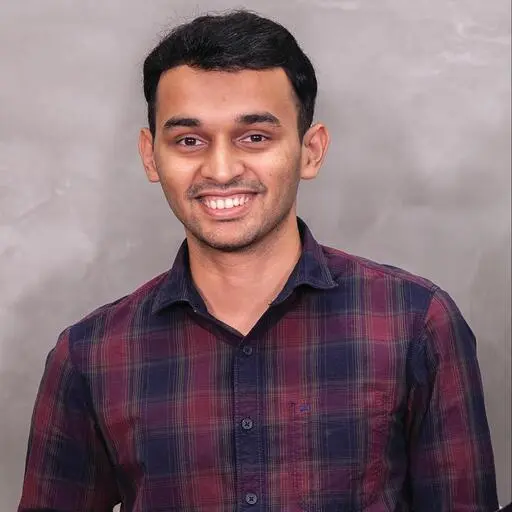October 3, 2024
Ten Years in Tech: From Researcher to Entrepreneur
Last 10 years of my life's story.
When you come from economic hardship and complete your studies abroad with significant loans, you tend to prioritize money over your real interests. Your primary goal becomes earning and repaying your debt as quickly as possible. This pressure can push you to accept any reasonable opportunity that comes your way. The same thing happened to me. I received an offer from Micron, a leading manufacturer of memory and solid-state devices, and I took it without a second thought. However, the job turned out to be more focused on manufacturing and testing rather than development. By my second day at work, my gut was telling me to quit, and I followed that instinct. That job lasted and resulted in two months of unproductive time.
I moved on and started working as a research associate under one of my professors at the university. During my master’s, I had published a research paper at a reputable conference, so I thought, why not give research a try for a while? It was a time when AI was just beginning to gain momentum. I ended up focusing on the development of AI algorithms for embedded devices—an area that perfectly aligned with my interests. This work resulted in a few conference papers and a journal publication, thanks to the guidance of Prof. Nachiket Kapre. At the time, the work had relatively limited industry interest. However, six years later, companies began racing to provide on-device AI algorithms.
At the end of 2016, my professor decided to relocate to Canada to pursue better opportunities. Around that time, I was persuaded by Panasonic Research Singapore to work on on-device computer vision. While the work itself was interesting, the way we worked was not. I didn’t like the slow pace, and more importantly, I struggled with the company culture—specifically the culture typical of Japanese companies. I'm not saying the culture was good or bad; it just wasn’t the right fit for me. So, after a year at Panasonic, I decided it was time to move on.
As I mentioned in my previous post, I didn’t just want to climb the professional ladder. I wanted to do more. I had a strong desire to pursue entrepreneurship.
Back in 2016, before joining Panasonic, I applied to the startup accelerator program by Entrepreneur First (EF) but was rejected. However, in 2017, I successfully got into the program. It was time to build something new.
Unlike other startup accelerators around the world, EF doesn’t require you to have a company or even a team. You join as an individual and, during the first three months of the program, you find a partner and develop a business idea. This approach was quite unique at the time.
I teamed up with Constance Tan and started working on an idea that aligned with my core strengths. Together, we founded AIMLedge, focusing on bringing AI and ML to edge devices like phones and cameras. We built a video analytics stack for CCTV cameras and completed a couple of pilots. With the initial pre-seed funding we received from EF and me living in a foreign country, we could only achieve so much. Unfortunately, we couldn’t attract additional investors, and we ended up closing the company in 2019. I attribute the failure primarily to two reasons.
- We were too early to market. It was a time when the industry was just beginning to productize AI applications, and most companies opted for either cloud or on-premise deployments.
- We struggled to narrow down on a specific application niche.
We learned these hard lessons and moved on.
The main advantage of being in an accelerator program like EF is gaining access to a community of founders with whom you can build lasting friendships. One such person was Jatin Khosla, who founded a company in the same cohort as us and secured seed funding for Konigle, a chat-based business analytics software. I joined their team to lead the engineering efforts, and I’ve been with them ever since.
I have been working with Konigle for over five years now. We’ve gone through many pivots and learned new lessons every day. Currently, we are focused on building a chat-based AI website builder, and it's going great. If you're considering creating your own website, you should definitely give Konigle a try!
